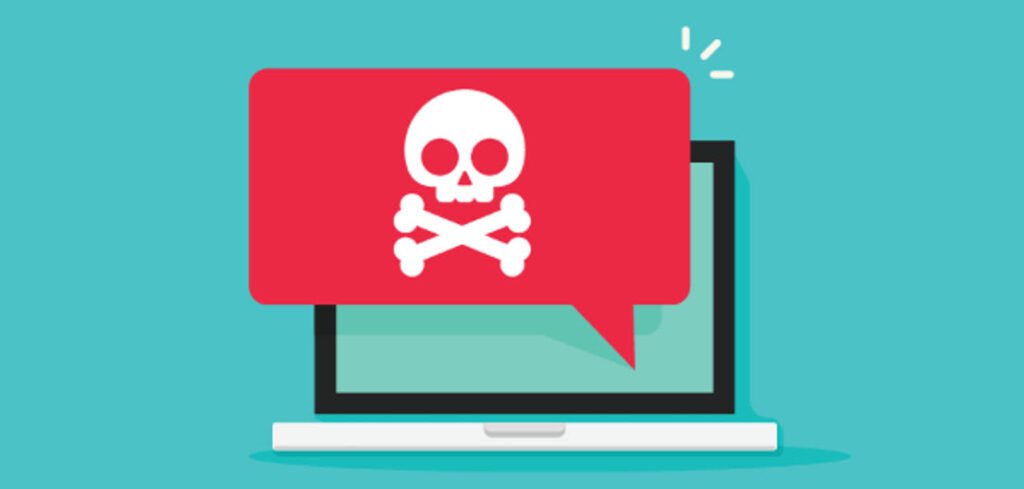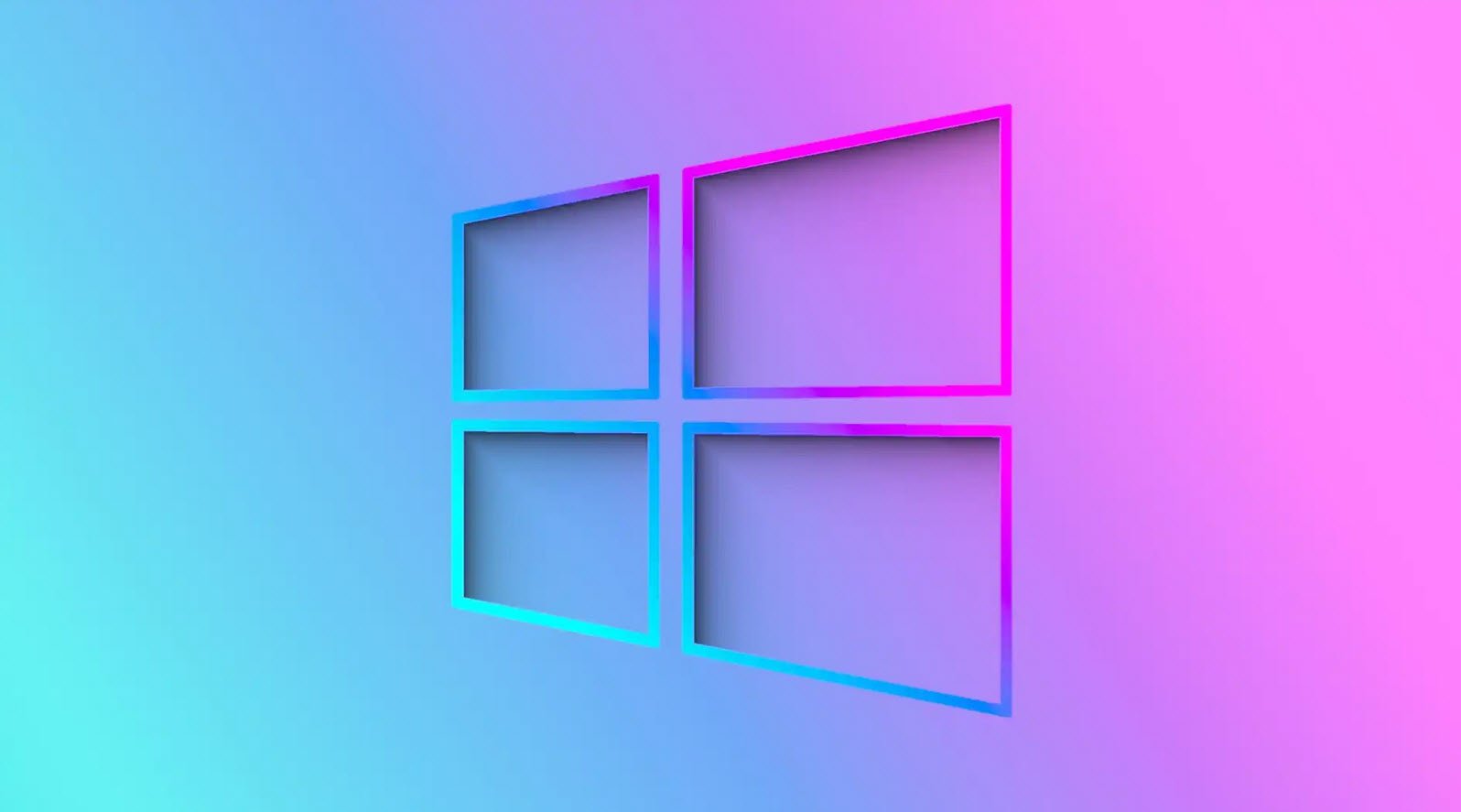
A virus is a destructive program that is designed to destroy the information stored in computer. It enters the system without the knowledge of the user. It enters through infected floppy or infected program or through network.
Also Read: List of World’s Worst Virus and Worm Attacks
It makes multiple copies of itself and causes the abnormal functioning in the system. When a virus travels through a network then it spreads to all the computers connected to the network.
Virus forms its copies and place them in to the main memory. When a program is being executed by the user attaches its copy to that program.
A virus cannot cause any damage to the physical devices connected to the infected computer:-
- It decreases the speed of the computer.
- It erases the information stored in primary and secondary memory of the system.
- It displays unusual messages on the screen.
- Some powerful virus can delete the instructions in the BIOS of the motherboard.
Types of Viruses
- Time bound viruses
- Trojan horses
- Worms
- Boot sector viruses
- File viruses
- Macro viruses
- E-mail viruses
1. Time bound viruses
This virus gets activation when a predefined condition of time , date or day is met. The virus will remain deactivated until some certain combination of time, date or day is met.
This virus gets activated when Friday falls on 13th in any month.
This virus attaches it copies to executable files and increases the size of the files. In this way it slows down the execution speed of the files.
2. Trojan horses
The viruses with attractive names are called Trojan horses. The user gets attracted towards the name of the virus and initiates it. The virus gets initiated when the user double click it.
After initiation these programs pretends to be helpful towards the user but in actual these cause damage to the computer system. These viruses cannot replicate themselves automatically.
Suggested Read: 9 Top Cyber Attacks: Everything You Need to Know
3. Worms
A worm is a type of the virus that replicates itself for the first 20 days of the month. It replaced all the web pages in the computer with a predefined web page. Worms replicate itself very quickly. Code Red is an example of worm.
4. Boot sector viruses
Boot sector is part of the disk that contain small programs to pro sector virus is the one which resides in the boot sector of the disk. When the user switch on the computer the virus comes into the main memory with the accessing of boot sector.
5. File viruses
The virus that attacks the executable files are known as file viruses. Executable files are files with, exe and com extension. This virus gets activated when the user executes the infected file. After activation the virus is placed in the memory where it affects the new files.
6. Macro viruses
Macro viruses are those which effects word processing and electronic worksheets. To days electronic worksheet contains special feature called macros. In macros a user can record sequence of commands and can run the same when the same job is to be performed again.
When the macro is created for destructive propose then those macros are called macro viruses. The macro virus gets activated when the user opens or runs the macro. Macro viruses may change or erase the data of the document.
7. E-mail viruses
The virus which are transferred through an E-mail are known as E-mail viruses. Nowadays E-mail viruses are very common. E-mail viruses are very powerful and can be sent as an attachment to an E-mail. When the user opens the E-mail the virus enters into the computer and injects it.
This type of virus is so powerful that it replicates itself very quickly and sometimes it sends its copies to the people in the users address look. In this way other people would.
You may also like:- How To Fix the Crowdstrike/BSOD Issue in Microsoft Windows
- MICROSOFT is Down Worldwide – Read Full Story
- Windows Showing Blue Screen Of Death Error? Here’s How You Can Fix It
- A Guide to SQL Operations: Selecting, Inserting, Updating, Deleting, Grouping, Ordering, Joining, and Using UNION
- Top 10 Most Common Software Vulnerabilities
- Essential Log Types for Effective SIEM Deployment
- How to Fix the VMware Workstation Error: “Unable to open kernel device ‘.\VMCIDev\VMX'”
- Top 3 Process Monitoring Tools for Malware Analysis
- CVE-2024-6387 – Critical OpenSSH Unauthenticated RCE Flaw ‘regreSSHion’ Exposes Millions of Linux Systems
- 22 Most Widely Used Testing Tools








